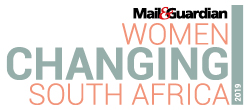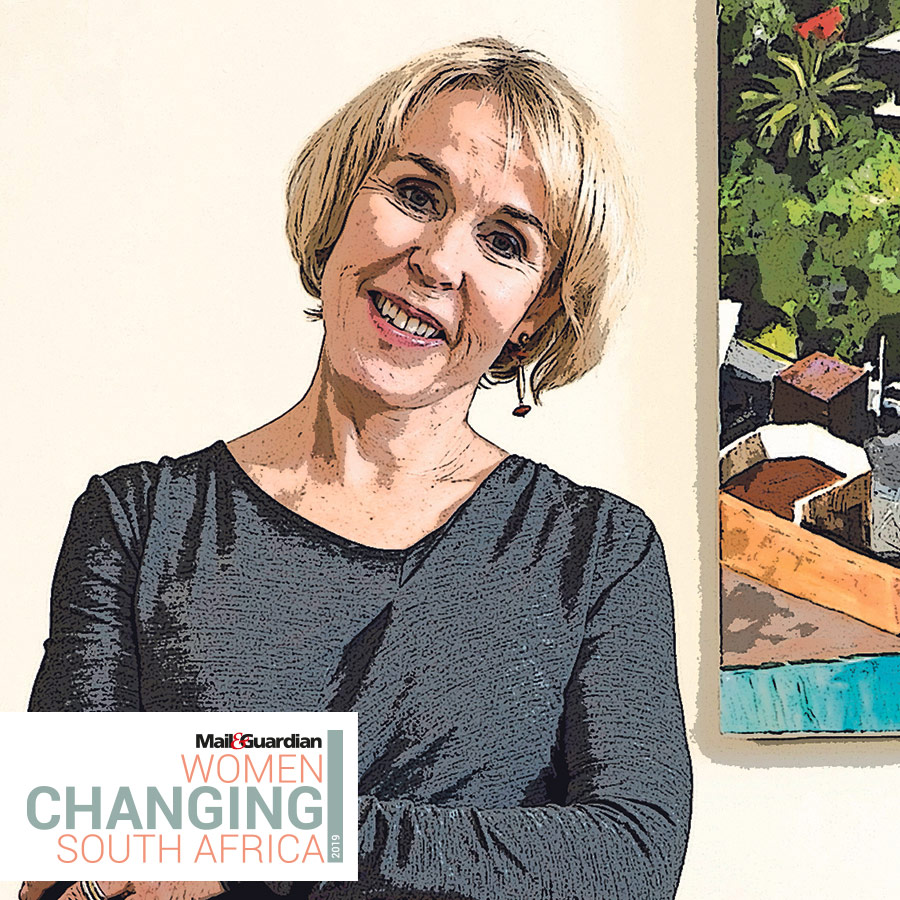| Professor and Executive Director — Wits Reproductive Health and HIV Institute (Wits RHI) |
We needed solutions-based research.
‘I’ve never worked in Sandton; I’ve always worked in other communities, where the need is greatest,” Helen Rees says of her impressive career in public health, which includes several degrees and prestigious awards. “I was always an activist” she says, and was involved for many years in anti-apartheid structures in the UK and South Africa.
She is the founder and executive director of the Wits Reproductive Health and HIV Institute, which started off with 15 people in 1994. It has grown to approximately 2 000 staff members and is now the largest research institute at the university .
“We needed solutions-based research,” Rees says, marvelling at the strides the country has taken from HIV and Aids denialism to prevention, which has been “massively successful”.
“There has been progress on all the issues we’ve researched: technology, social attitudes, the socially changing context towards LGBTIQ+,” she adds.
She is passionate about other aspects of health and is involved in a number of organisations. Rees is board chair of the South African Health Products Regulatory Authority, co-chair of the SA Health Data Advisory and Coordination Committee, a member of the National Advisory Group on Immunization, and a member of the scientific advisory committee of the National Institute of Communicable Diseases.
Her commitment to health extends beyond the country’s borders; she also serves on many global health structures, including chairing the World Health Organisation’s (WHO) African Regional Immunization Technical Advisory Group. She is also a member of the WHO’s emergency committee on Ebola.
Helen says the vaccine to combat Ebola had to be very rapidly escalated following the outbreak in the western Democratic Republic of Congo in July 2019. She provides a global level of guidance and had to combine science with understanding the communities in the DRC, which are sometimes suspicious of health workers and medicine.
Asked how she juggles so many hats, Rees says at a certain point in one’s career, “you become a starter, finisher and a trouble shooter”. She describes her work as “seeing all the pieces of the jigsaw in the health sector and putting them together”, but she emphasises that she doesn’t work alone, and that South Africa “has some really first-class scientists”.
— Tehillah Niselow
LinkedIn: @Helen Rees

